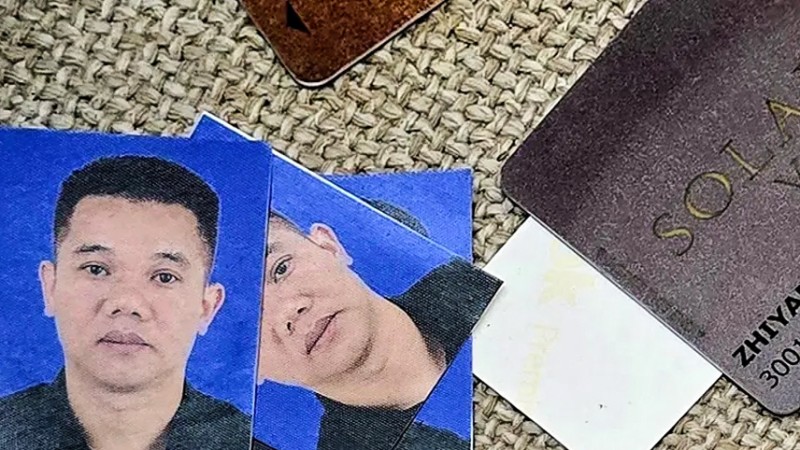Prosecutors in the Philippines have brought charges of money laundering against China-born fugitive Huang Zhiyang in relation to his alleged role in a major human trafficking and cyber-fraud scandal.
Huang Zhiyang had already been charged with human trafficking, but has fled the Philippines and his whereabouts are unknown.
He was also facing a lawsuit from the Philippine Anti Money Laundering Council, which said he was known as “Boss Wang" and accused him of laundering funds from cyber-scams.
The money laundering allegation has now been formalized as a criminal charge, according to an indictment acquired by Rappler and shared with OCCRP.
Philippine authorities have frozen five of Huang Zhiyang’s bank accounts, but OCCRP recently revealed that he has more than $2 million stashed in Cyprus, where he obtained citizenship.
The indictment by the Philippine Department of Justice also brings money laundering charges against Huang Zhiyang’s business partner, Alice Guo, Rappler reported.
Guo is a former mayor of Bamban, a town about 95 kilometers north of Manila, where a major scam compound was located. She was already facing a raft of charges, including human trafficking, for her alleged role in running cyber-fraud compounds.
“The involvement of respondent Alice Leal Guo in the grand scheme cannot be overemphasized,” reads the indictment. “She appears to be its brainchild and/or architect.”
The indictment quotes Guo’s previous public statements, calling the allegations against her “baseless, malicious, unsubstantiated, and replete with falsehoods.” She has said she bears “no liability” for the money laundering or the human trafficking charges.
Huang Zhiyang’s lawyer in the Philippines did not respond when reporters previously reached out for comment on the human trafficking and money laundering allegations.
At the center of the cyber-fraud operation was a company called Baofu Land Development Inc, where Guo and Huang held the largest amount of shares. The company developed a large scam compound in Bamban, which police raided in March 2024, freeing 875 people, the state-run Philippines News Agency reported.
Those rescued came from a handful of countries, and had allegedly been forced to carry out the online scams after being lured with offers of legitimate employment.
The indictment mentions the rescue of foreign victims working in the scam compound. They “attested that they were coerced to work… otherwise, they were beaten up should they fail to meet the mandatory quota.”
Human trafficking has become a growing problem connected to the exploding cyber-fraud industry in Southeast Asia. The UN Office on Drugs and Crime said in a recent report that online scams cost people in East and Southeast Asia between $18 and $37 billion in 2023 alone.






